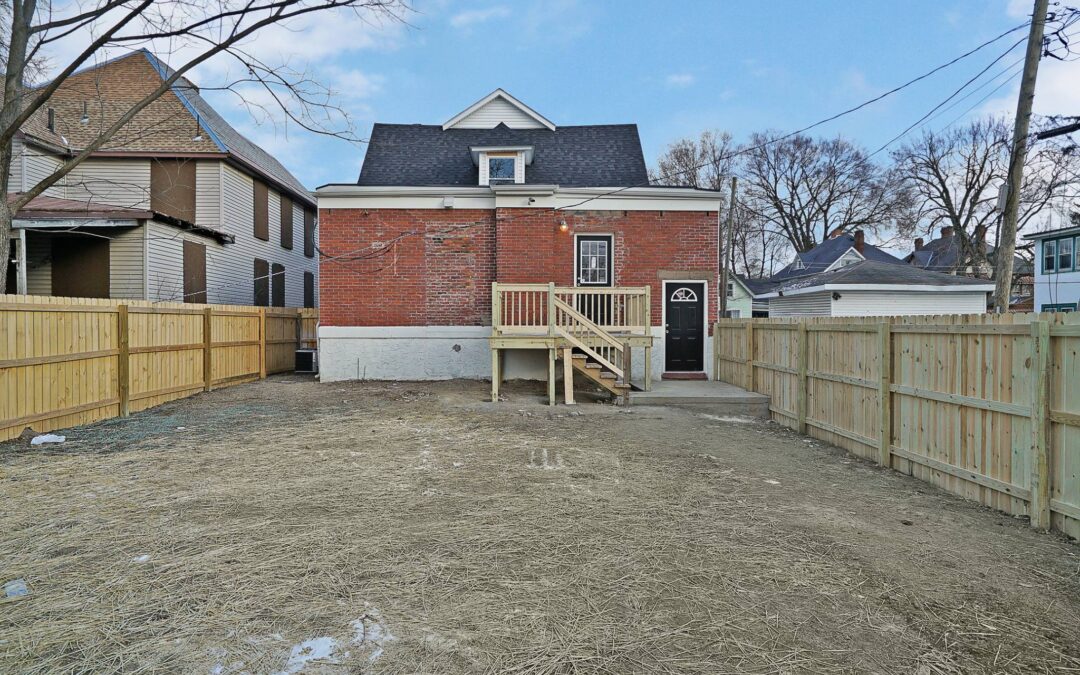Real estate investment is a popular wealth-building strategy, and two primary categories often come into focus: residential and commercial real estate. Both offer distinct advantages and considerations, making it essential to choose the right investment path that aligns with your financial goals and preferences. In this post, we’ll explore the key differences between residential and commercial real estate to help you make an informed decision.
Residential Real Estate: A Closer Look
Residential real estate primarily involves properties designed for living, such as single-family homes, apartments, condominiums, and multifamily units. Here are some key factors to consider:
Pros of Residential Real Estate
1. Steady Demand: There’s a consistent demand for residential properties, as people always need a place to live. This can provide a reliable income stream.
2. Easier Entry: Residential properties are often more accessible for individual investors, with lower initial costs compared to commercial properties.
3. Hands-On or Passive: You can choose to manage your residential properties personally or hire a property management company for a more hands-off approach.
Cons of Residential Real Estate
1. Tenant Turnover: Residential properties tend to have higher tenant turnover rates, which can lead to more frequent vacancies and associated costs.
2. Regulations: Rental laws and regulations can vary by location, adding complexity to property management.
3. Limited Scalability: Scaling up in residential real estate may require significant time and effort.
Commercial Real Estate: A Closer Look
Commercial real estate involves properties intended for business purposes, such as office buildings, retail spaces, warehouses, and industrial complexes. Here are some key considerations:
Pros of Commercial Real Estate
1. Longer Leases: Commercial leases are typically longer than residential leases, providing more stable income.
2. Professional Tenants: Commercial tenants often have a vested interest in maintaining the property, reducing maintenance responsibilities for landlords.
3. Potential for Higher Returns: Commercial properties can offer higher rental income and appreciation potential, especially in prime locations.
Cons of Commercial Real Estate
1. Complexity: Commercial real estate transactions can be more complex, requiring in-depth market knowledge and financial analysis.
2. Risk of Vacancies: Longer lease terms can mean longer vacancies if a tenant leaves, affecting cash flow.
3. Capital Intensive: Commercial real estate often requires more substantial initial capital for acquisition and maintenance.
Which Investment Is Right for You?
The choice between residential and commercial real estate hinges on your investment goals, risk tolerance, and available resources. If you’re seeking a reliable, hands-on investment with potentially lower initial costs, residential real estate may be the right choice. On the other hand, if you’re comfortable with complexity, seek higher returns, and have more significant capital to invest, commercial real estate might be a better fit.
It’s crucial to conduct thorough market research, assess your financial capabilities, and consult with real estate professionals to make an informed decision. Some investors also diversify their portfolios by including both residential and commercial properties to balance risks and returns.
Ultimately, whether you choose residential or commercial real estate, both can be valuable vehicles for wealth-building and financial success.
Are you looking to sell your house fast for cash? Just like our satisfied client who said, ‘Looking to sell my house fast for cash, I contacted Eye Homes to buy my house, and it was a breeze’, if you’re ready to sell, you can be our next happy client with a testimony!
We are a real estate solution company local to Ohio. We help homeowners in Columbus, Cincinnati, and Cleveland sell their houses quickly! Get in touch with us for everything concerning Real Estate Investments, Wholesale, Rehabbing, Residential, and Business Development.


Recent Comments